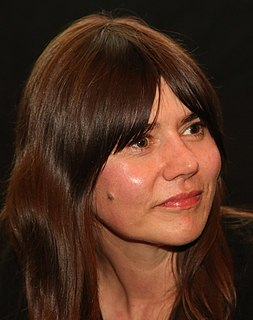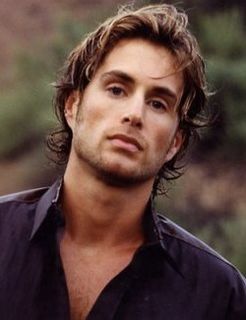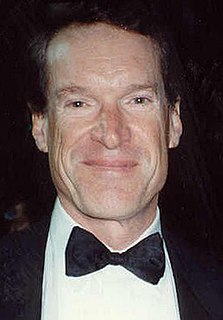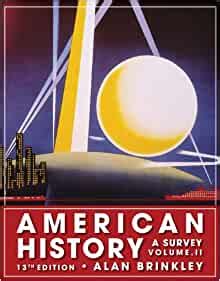A Quote by Akira Kurosawa
Of all my films, people wrote to me most about this one... ...I had wanted to make The Idiot long before Rashomon. Since I was little I've liked Russian literature, but I find that I like Dostoevsky the best and had long thought that this book would make a wonderful film. He is still my favourite author, and he is the one - I still think - who writes most honestly about human existence.
Related Quotes
I wanted to make a film about anorexia. I thought about it for a long time, but then gave up on this idea as I felt that this theme would be so hermetic and closed that it would not reach an audience. However, the plot about the character of Olga and the idea that a body has a lot of different meanings were still present in my mind.
Most British playwrights of my generation, as well as younger folks, apparently feel somewhat obliged to Russian literature - and not only those writing for theatres. Russian literature is part of the basic background knowledge for any writer. So there is nothing exceptional in the interest I had towards Russian literature and theatre. Frankly, I couldn't image what a culture would be like without sympathy towards Russian literature and Russia, whether we'd be talking about drama or Djagilev.
Before I wrote The Power of Now, I had a vision that I had already written the book and that it was affecting the world. I had a sense there was already a book somehow in existence. I drew a circle on a piece of paper and it said "book." Then I wrote something about the effect the book had on the world, how it influenced my life and other people's lives, and how it came to be translated into many languages affecting hundreds of thousands of people.
First, there has been a lot of interest in The Drive-in, but, alas, it hasn't actually come to fruition. Maybe soon. Don really got Bubba and I didn't think it could be a film. I thought it was too odd to make it to film. He asked me to do the screenplay, but I declined. I didn't see that it could be a screenplay but he wrote one and proved me wrong. He was always considerate about what I thought about the film and the story's presentation, but in the end, he's the director and he had to make decisions. All good ones.
Everyone always asks, was he mad at you for writing the book? and I have to say, Yes, yes, he was. He still is. It is one of the most fascinating things to me about the whole episode: he cheated on me, and then got to behave as if he was the one who had been wronged because I wrote about it! I mean, it's not as if I wasn't a writer. It's not as if I hadn't often written about myself. I'd even written about him. What did he think was going to happen? That I would take a vow of silence for the first time in my life? "
I had wondered for a long time why God had preferences and why all souls did not receive an equal amount of grace [...] Jesus saw fit to enlighten me about this mystery. He set the book of nature before me and I saw that all the flowers He has created are lovely. The splendor of the rose and whiteness of the lily do not rob the little violet of its scent nor the daisy of its simple charm. I realized that if every tiny flower wanted to be a rose, spring would lose its loveliness and there would be no wild flowers to make the meadows gay.
I don't know whether I can say that having a career in philosophy has turned out as I imagined, since in many ways I had little idea of what such a life would be like. But philosophy is still tremendously exciting to me, and the opportunity to think, and talk, and write about these issues has been wonderful.
Then I celebrated my Wall of Books. I counted the volumes on my twenty-foot-long modernist bookshelf to make sure none had been misplaced or used as kindling by my subtenant. “You’re my sacred ones,” I told the books. “No one but me still cares about you. But I’m going to keep you with me forever. And one day I’ll make you important again.” I thought about that terrible calumny of the new generation: that books smell.
I would love to win an Oscar one day. That would be a very wonderful thing. But in the meantime, I really hope that I make films I'm proud of. A lot of people aren't going to like the movies I make, I'm sure. But as long as I'm proud of the movie and I'm not selling out, and I'm doing things that make me happy and make me grow as an actress, I'll be good.
I like poetry, but honestly, I like dramatic literature more. If I had to pick between Rumi and Dostoevsky, I would pick Dostoevsky without even thinking about it. Ninety-nine out of 100 Iranians would probably pick Rumi. Kiarostami, too, would probably pick Rumi first. I try to have the meaning be in the action of the story, not in the symbolism. I want it to be in the action, and it's dramatic action that creates the meaning.
I still don't like the word agnostic. It's too fancy. I'm simply not a believer. But, as simple as this notion is, it confuses some people. Someone wrote a Wikipedia entry about me, identifying me as an atheist because I'd said in a book I wrote that I wasn't a believer. I guess in a world uncomfortable with uncertainty, an unbeliever must be an atheist, and possibly an infidel. This gets us back to that most pressing of human questions: why do people worry so much about other people's holding beliefs other than their own?






































